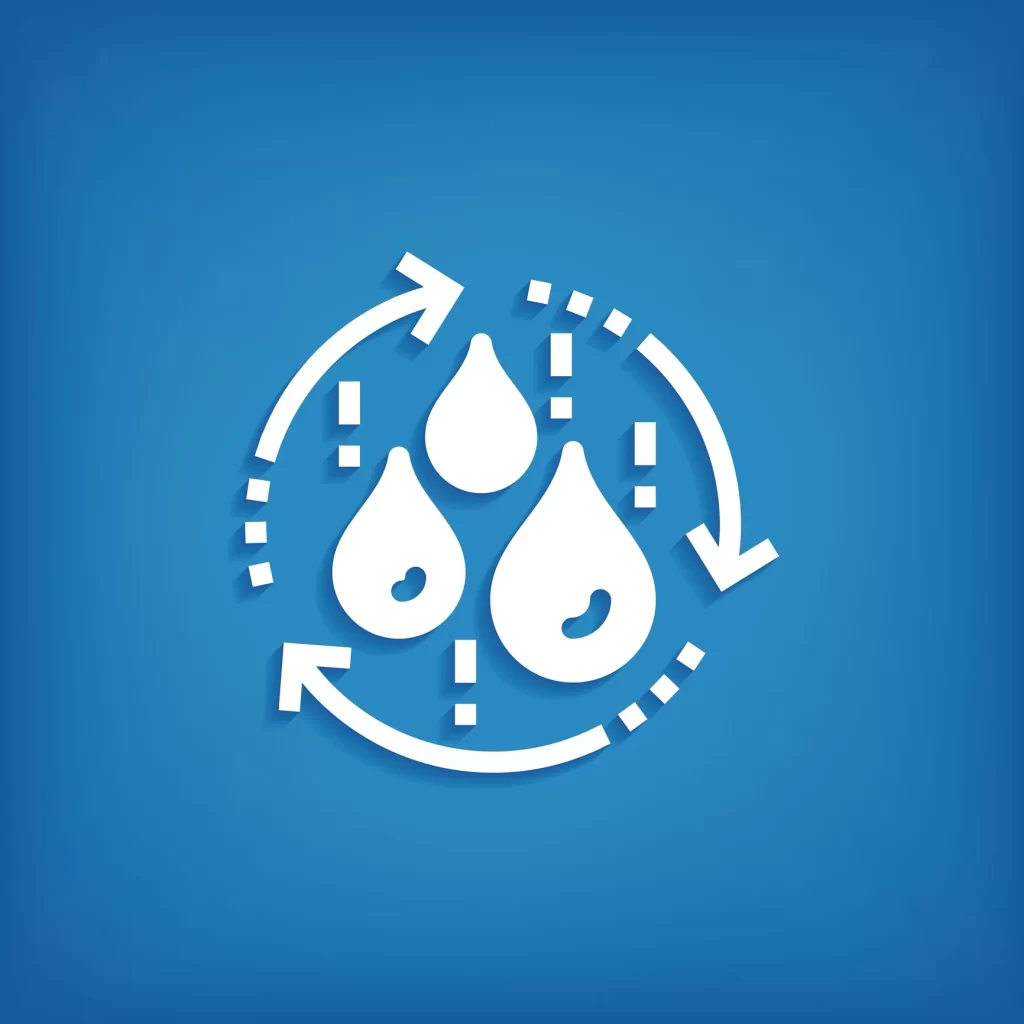
Water reuse, also known as water recycling or water reclamation, is a transformative process that retrieves water from various sources, treats it, and repurposes it for beneficial applications such as agriculture, potable water supplies, groundwater replenishment, industrial processes, and environmental restoration. By offering alternatives to conventional water supplies, water reuse plays a vital role in enhancing water security, sustainability, and resilience.
One of the immediate advantages of implementing water reuse systems at home is the cost savings it brings. Homeowners can significantly reduce their monthly water bills, allowing them to allocate their savings towards other essential needs. Whether it’s creating a safe play area for their children or investing in recreational activities like mountain biking, the financial benefits are undeniable.
Water reuse also contributes to efficient water resource management. By conserving water resources in residential settings, homeowners can ensure a more abundant water supply for agriculture, livestock, and cottage industries. This mechanism optimizes water usage, reducing waste and ensuring water availability whenever needed.
Another significant advantage of water reuse is its impact on food production. Reclaimed water can play a crucial role in improving food security at home. For households utilizing reclaimed water to irrigate their vegetable and herb gardens, the continuous availability of water during periods of scarcity ensures the sustainability of their plants, supporting healthy growth and increased food production.
Beyond the individual benefits, water reuse has positive environmental implications. By reducing pollution entering water bodies, it lessens the burden on utility companies responsible for treating and maintaining wastewater. This reduction in pollution input not only promotes environmental well-being but also allows utility companies to allocate funds towards infrastructure development and service expansion.
Furthermore, embracing water reuse, reduction, and recycling initiatives at home can alleviate the strain on sewerage transport, treatment, and disposal infrastructure. This optimized usage of infrastructure resources enables the existing network to function more effectively, resulting in long-term cost savings and improved service delivery.
While water reuse brings numerous advantages, it is essential to be aware of potential side effects and take necessary precautions. Users of recycled water should exercise caution when irrigating vegetables intended for raw consumption. To minimize potential health risks, it is advisable to avoid using reclaimed water for crops that will be eaten raw.
Implementers of water reuse systems should also consider the chemical composition of detergents and cleaning compounds. Some cleaning products contain high concentrations of Sodium and Chloride compounds, which can be detrimental to plant growth and survival. It is crucial to choose appropriate alternatives to safeguard the health of plants.
Over time, soils irrigated with reclaimed water may become clogged with organic and suspended materials. This clogging process can impede nutrient availability, hindering optimal plant growth. Regular soil testing and appropriate measures to address nutrient deficiencies are essential to maintain healthy soil conditions and support plant growth.
Note that, Water reuse represents a promising solution for addressing water scarcity challenges and promoting sustainability. By harnessing the benefits of water recycling, individuals, communities, and industries can contribute to a greener future. However, it is crucial to exercise caution and implement best practices to ensure the safety and effectiveness of water reuse systems. With proper management, water reuse can transform our relationship with water, ensuring its availability for generations to come.


